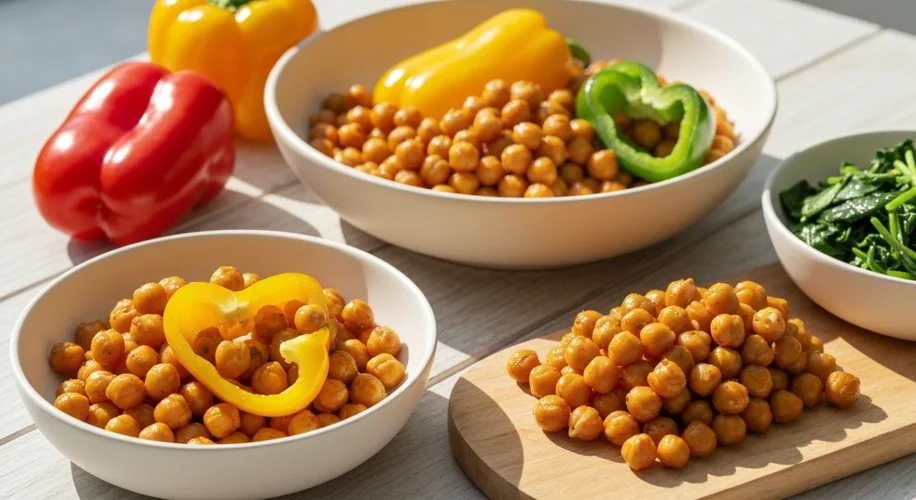It’s August 24th, 2025, and the summer sun is still high in the sky. But as we head into cooler months, many of us start thinking about how to keep our vitamin D levels up. You’ve probably heard that vitamin D deficiency is pretty common, and while supplements are an option, they aren’t always the whole story. Sometimes, overdoing it with supplements can backfire, and we need to remember that our bodies are amazing at getting what they need from natural sources.
My background is in atmospheric science, where we study how things like sunlight interact with our environment. This naturally leads me to think about how those same environmental factors, like the sun, impact our health. And that brings us to vitamin D – often called the “sunshine vitamin.”
Did you know that vitamin D is crucial for so many things in our bodies? It helps with calcium absorption for strong bones, supports our immune system, and there’s even ongoing research linking it to various health outcomes. So, how can we, especially those of us who prefer a vegetarian diet, get more of this vital nutrient without relying solely on pills?
Let’s talk about some fantastic vegetarian foods that can naturally give your vitamin D levels a boost:
1. Mushrooms: Nature’s Vitamin D Powerhouses
This might be the most exciting one for vegetarians. Like humans, mushrooms can produce vitamin D when exposed to UV light. Many commercially grown mushrooms are now intentionally exposed to UV light during their growth, significantly increasing their vitamin D content. Look for mushrooms specifically labeled as “UV-treated” or “high in vitamin D.” You can find them in varieties like white button, crimini, portobello, and shiitake.
2. Fortified Foods: Smart Additions to Your Diet
Many everyday vegetarian staples are fortified with vitamin D. This means vitamin D has been added during the manufacturing process. Common examples include:
- Plant-based milks: Soy, almond, oat, and rice milks are often fortified.
- Cereals: Many breakfast cereals, especially whole-grain options, have added vitamin D.
- Orange Juice: Some brands of orange juice are also fortified, offering a sunny start to your day.
- Tofu and Yogurt: Keep an eye on labels for fortified versions of these popular vegetarian proteins and dairy alternatives.
Always check the nutrition labels to confirm the vitamin D content.
3. Fortified Cereals: A Quick Boost
As mentioned above, many breakfast cereals are a convenient source. While it’s always good to choose cereals with lower sugar content, a fortified option can contribute to your daily vitamin D intake. A quick scan of the cereal aisle can reveal many choices that offer a dose of this essential nutrient.
4. Fortified Plant-Based Milks: Your Daily Dose
For many vegetarians and vegans, plant-based milks are a dietary cornerstone. The fortification process makes them a reliable way to get vitamin D. Whether you enjoy it in your morning coffee, with your cereal, or as a standalone drink, a glass of fortified plant milk is a simple step towards better vitamin D levels.
5. Egg Yolks (If You’re an Ovo-Vegetarian)
If your vegetarian diet includes eggs (ovo-vegetarian), then egg yolks are a natural source of vitamin D. Chickens that have access to sunlight and outdoor pastures tend to produce eggs with higher vitamin D content. So, if you have the option, choose free-range or pasture-raised eggs.
Getting enough vitamin D is a balancing act, and it’s great that we have these natural, vegetarian-friendly options. Remember, it’s always a good idea to chat with a healthcare professional if you have concerns about your vitamin D levels. They can offer personalized advice based on your specific needs.

